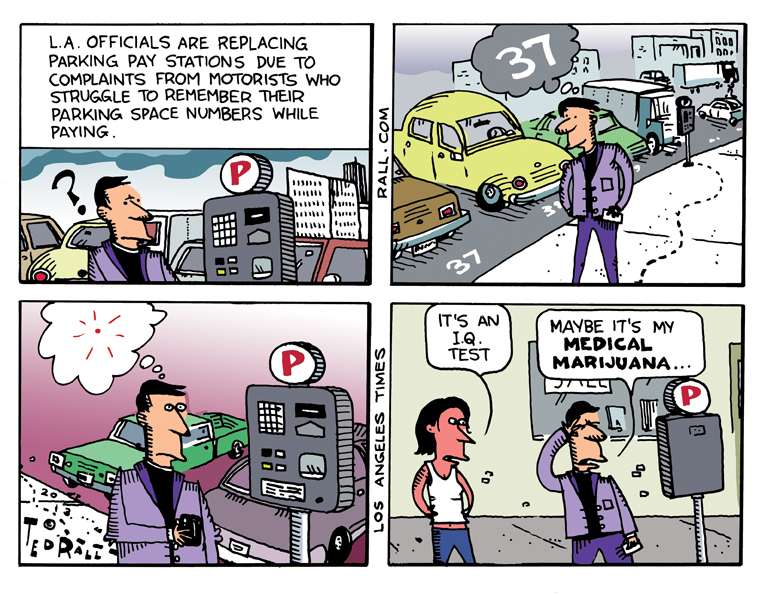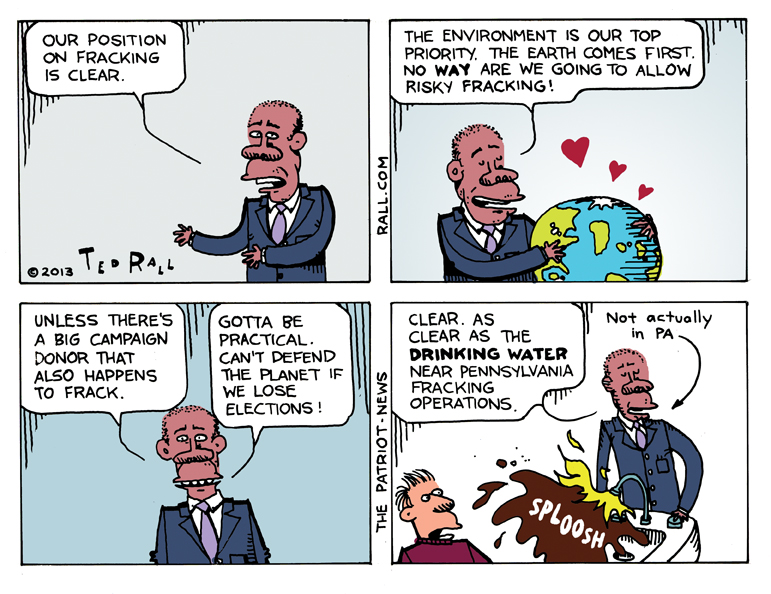Obama’s Illegal War Against Syria
Barack Obama wants to fire cruise missiles at Syria. As president of the nation whose military possesses the most lethal firepower of any society in history, he obviously has the ability to start this war — his sixth major front, after Afghanistan, Iraq, Yemen, Libya and Pakistan — if he wants to. But does he have the legal right?
The answer is no. Not if the basic architecture of the Constitution, the separation of powers, remains in force. Not if the Founding Fathers’ originalist intent, and their understanding of English at the time, means anything. Not if America’s treaty obligations, which after ratification carry the full force of U.S. law, are more than pieces of paper.
Might makes right; the victor writes history. No doubt, in the perhaps-not-so-distant future, if the United States is formally constituted as an empire, with Syria one of its outlying provinces or a vassal state, no one will care how it went down back in 2013. Until then, however, it matters a lot. Attacking Syria without legal basis would have broad implications, and not just for the Syrians who will lose their lives, limbs and sanity.
Back here in what neofascist politicians and media mouthpieces call the Homeland, we Americans are watching our top officials and boldface notables brush off the basic legal underpinnings of the political culture with impunity.
Obama and his allies’ disdain for the law probably won’t spark much street protest, much less an uprising. (These days, you have to be a white Republican to provoke a demonstration against your wars.) Nevertheless, official lawlessness is corroding the system, hastening the coming rebellion just as surely as rust will eventually cause a bridge to collapse. When those at the top don’t follow their own rules — rules that they wrote, rules from which they benefit the most — why should anyone else? “They say I got to respect the system,” the Australian punk band the Saints sang, “but there ain’t no respect in that system for me.”
Obama and the other warmongers are counting on ignorance and confusion to make their case, but the rules of war are clear.
Attacking Syria would be illegal.
Obama and his surrogates keep saying that Obama has the “inherent power” to attack Syria (or any other country) in his role as commander-in-chief. He’s only asking Congress for approval, he says, because he’s a nice guy (and the political cover doesn’t hurt if and when the war turns sour, as they usually do).
In The Federalist Papers, Alexander Hamilton explained the thinking behind the new Constitution to 18th century newspaper readers. The president’s role as “commander-in-chief” was nothing close to the lofty Caesar-like rights Obama claim. So ceremonial as to be virtually insignificant, the commander-in-chief gig barely rated a mention: “While [the powers] of the British kings extends to the declaring of war and to the raising and regulating of fleets and armies,” Hamilton explained, “all which, by the Constitution under consideration, would appertain to the Legislature [Congress].”
In his book War Powers: How The Imperial Presidency Hijacked the Constitution, Peter Irons reminds us that under the U.S. Constitution, the president’s only military role is to repel an invasion — after it has occurred! — pending action by Congress. “The Framers,” writes Irons, “agreed that the president could act without a congressional declaration of war to repel an invasion but that only Congress could authorize the deployment of forces outside the nation’s territory in combat against foreign troops.”
The Founders were split on a number of issues. Slavery, for instance. On separation of powers and making war, they were virtually unanimous. Only a single delegate voted to vest the president with the right to wage war.
Obama has no “inherent right” to attack Syria or any other country.
Under the Constitution, Congress could do it. But the U.S. is also subject to treaty obligations that clearly block it from attacking Syria under present circumstances.
The Kellogg-Briand Pact of 1928, which the U.S. Senate ratified by an 85-1 vote, bans all acts of military aggression. Many of the Nazi leaders executed and imprisoned at Nuremberg were convicted for violating this Pact. It remains in force as international law.
The U.N. Charter mandates that all U.N. member states “refrain in their international relations from the threat or use of force against the territorial integrity or political independence of any state.” The Charter does not make exceptions for the three principal arguments Obama makes in favor of attacking Syria: punishment (for using chemical weapons), preemption (it’ll send a message to other possible future chemical weapons users, such as Iran and North Korea) and deterrence (it will deter Assad from attacking Jordan or Israel). To the contrary, the Fourth Geneva Convention outlaws “collective punishment” in which civilians are targeted to suffer for the offenses of their government.
During George W. Bush’s propaganda offensive leading to the 2003 invasion of Iraq, Bush and his allies (many of the same figures pushing to attack Syria) successfully convinced the public to sign off on their “preemptive war.” But neither Iraq then, nor Syria now, comes close to fitting the bill legally.
“There’s a well-accepted definition for preemptive war in international law,” Joseph Cirincione, Director of the Non-Proliferation Project of the Carnegie Endowment, said in late 2002. “Preemptive war is justified by an imminent threat of attack, a clear and present danger that the country in question is about to attack you. In such a case a preemptive attack is recognized as justifiable.”
That’s a very high bar. Even troops massed on your border don’t automatically qualify as an imminent threat under international law. You have to let the enemy hit you first, or have strong reason to believe they’re about to do so.
Now Obama can argue — and others will — that Geneva, Kellogg-Briand, the U.N. Charter, and even the U.S. Constitution are quaint, outdated relics, written by naïve men whose 20th century attempts to outlaw war are irrelevant today. If that’s what they think, then they should convince us to amend or annul them.
As long as these laws remain in force, and as long as Obama and other members of America’s ruling class continue to ignore them, an ugly day of reckoning draws closer.
P.S. to Mr. Obama: Please, Sire, may we miserable subjects of your Benevolent Self kindly see proof that the Syrian government (and not the rebels) carried out that poison gas attack the other day? How about some evidence?
Anything?
(Ted Rall’s website is tedrall.com. Go there to join the Ted Rall Subscription Service and receive all of Ted’s cartoons and columns by email.)
COPYRIGHT 2013 TED RALL



